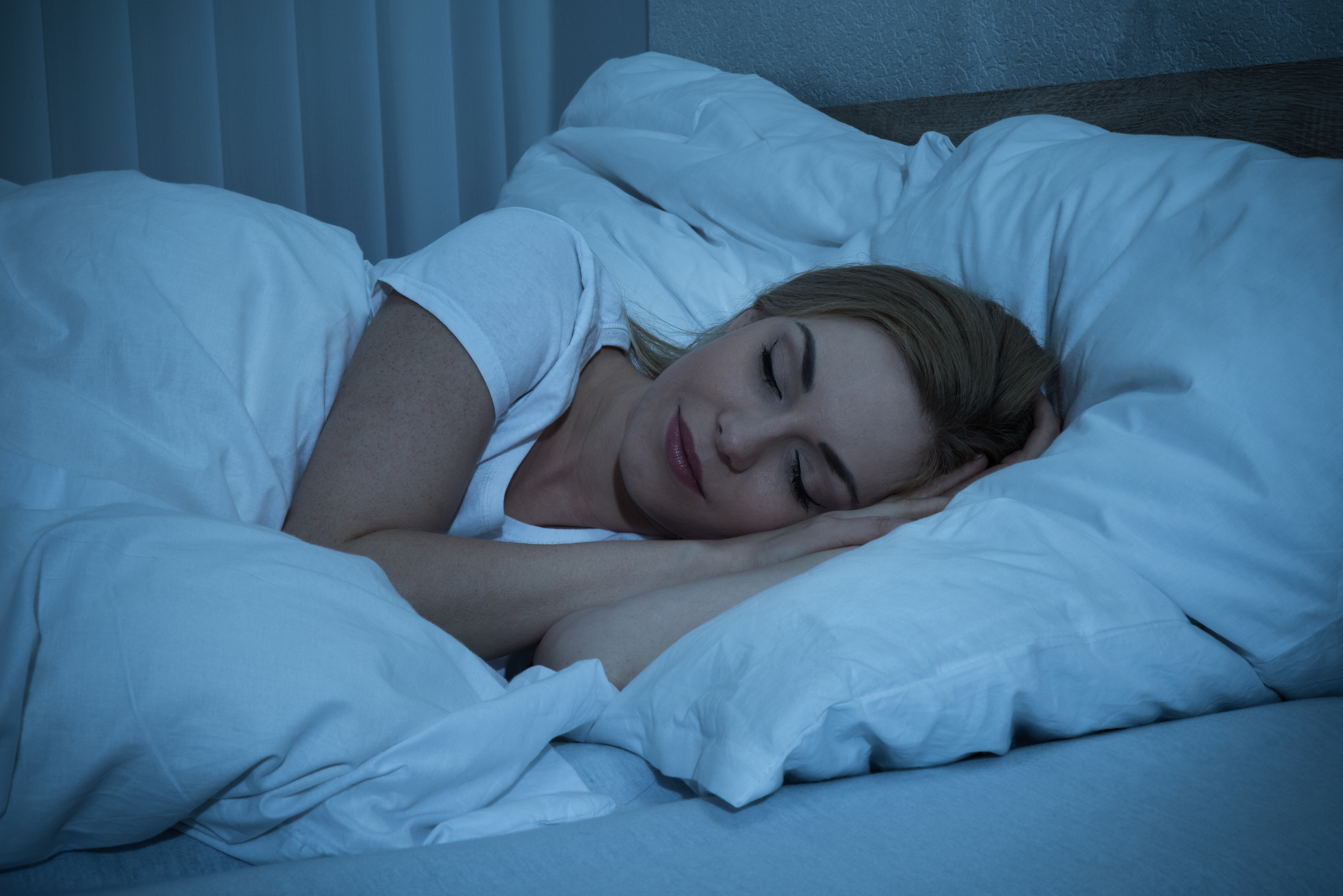Natural Healing Solutions | Jun 02, 2024
In today's fast-paced world, sleep often takes a backseat to our busy schedules, yet it is one of the pillars of good health. Quality sleep is not just about feeling rested; it plays a significant role in various physiological processes, including metabolism. This blog explores the concept of sleep hygiene and its profound impact on metabolic health.
Understanding Sleep Hygiene
Sleep hygiene refers to the habits and practices that contribute to quality sleep and full alertness during the day. Good sleep hygiene includes:
- Consistent Sleep Schedule: Going to bed and waking up at the same time every day, even on weekends.
- Optimal Sleep Environment: A cool, quiet, and dark room that promotes uninterrupted sleep.
- Limiting Stimulants: Avoiding caffeine, nicotine, and heavy meals close to bedtime.
- Regular Exercise: Engaging in physical activity during the day to promote better sleep at night.
- Relaxation Techniques: Incorporating activities like reading, meditation, or a warm bath before bed to wind down.
- Reducing Screen Time: Limiting exposure to screens from TVs, computers, and phones at least an hour before bed, as the blue light can interfere with the sleep-wake cycle.
Sleep and Metabolism
Metabolism encompasses all the biochemical processes that occur within our bodies, including those that convert food into energy. Adequate sleep is crucial for maintaining these processes effectively. Here's how sleep hygiene affects metabolism:
- Hormonal Balance - Sleep influences the balance of various hormones that regulate metabolism. For instance, during sleep, the body produces leptin and ghrelin, hormones that control appetite. Leptin signals satiety, while ghrelin stimulates hunger. Poor sleep disrupts the production of these hormones, leading to increased appetite and cravings, particularly for high-calorie foods.
- Insulin Sensitivity - Insulin is a hormone that helps cells absorb glucose from the bloodstream. Sleep deprivation can lead to insulin resistance, where cells become less responsive to insulin, causing elevated blood sugar levels. Over time, this can increase the risk of type 2 diabetes and obesity. Good sleep hygiene supports optimal insulin sensitivity and glucose metabolism.
- Energy Expenditure - Restorative sleep is essential for energy conservation and expenditure. Lack of sleep can lead to decreased energy levels, making it harder to engage in physical activities and burn calories. Moreover, poor sleep can affect the body's resting metabolic rate, the number of calories burned at rest, which can contribute to weight gain.
- Stress and Cortisol Levels - Chronic sleep deprivation elevates cortisol, a stress hormone that can promote fat storage, especially around the abdomen. High cortisol levels also interfere with the body's ability to metabolize carbohydrates and fats, leading to metabolic imbalances.
Tips for Improving Sleep Hygiene
- Establish a Routine: Create a bedtime routine that signals to your body that it's time to sleep. This could include reading a book, listening to calming music, or practicing deep-breathing exercises.
- Create a Sleep-Inducing Environment: Ensure your bedroom is conducive to sleep by minimizing noise and light and keeping the temperature cool.
- Mind Your Diet: Avoid heavy meals, caffeine, and alcohol close to bedtime. Instead, opt for a light snack if you're hungry.
- Stay Active: Regular physical activity can promote better sleep but try to avoid vigorous exercise close to bedtime.
- Limit Naps: While short naps can be beneficial, long or irregular napping can negatively affect your night-time sleep.
Conclusion
Good sleep hygiene is more than just a pathway to feeling rested; it is integral to maintaining a healthy metabolism. By prioritizing quality sleep, you can support hormonal balance, improve insulin sensitivity, regulate energy expenditure, and manage stress levels. Adopting and maintaining healthy sleep habits can lead to significant improvements in overall health and well-being, underscoring the importance of sleep in our daily lives.
Case Studies
- Recently about couple of weeks earlier, I did consult a patient who came with issues of Stress (due to work), Tension headache, Low back ache with Sciatica, Chronic constipation, and Hypothyroidism.
- I generally dedicate about 45 – 90 minutes of a thorough consultation to understand the health issues, diseases the patient suffers and what’s the possible root cause of their disorders.
- In this case, after a detailed discussion and analysis the root cause of all his issues were due to lack of a proper sleep hygiene.
- He was working in night shifts about a few years earlier which probably led to all the above-mentioned complaints!! Which was understood by him and changed his job to have a healthier life. Even then, he continued to suffer, and he has been seeking my help to manage his disorders.
- The first of my advice was to follow a good sleep hygiene and followed by regular Acupuncture therapy sessions, Foot reflexology sessions, Yoga Nidra practice, Therapeutic massages for head, neck, shoulder and back along with Breathing exercises with Pranayamas.
- Just about after couple of sessions of the therapy, he was sleeping for about 7-8 hours like a baby!! ?
- About a year ago, a lady approached me with symptoms of Lethargy, fatigue, Anxiety, Over-thinking, excessive worrying, unknown fears, paranoid about health, gastritis, dizziness, and constipation.
- After the detailed consultation and analysis, the most important reason was stress due to relationship issues with in-laws leading to bad sleep hygiene of sleeping around 1 am and waking up around 8 – 9 am!!
- I started my treatment with primary advise to correct her sleep pattern and acupuncture therapy to address her issues.
- After a period of about 6 – 8 weeks of acupuncture therapy, there was a marked progress in her symptoms and was largely able to think more positive, more energetic, enthusiastic, and looking forward for her life.
- Sleep pattern improved considerably and is enjoying her health and positive energy now!

Dr Gurudatta H K, BNYS, FCRSW, Founder, Anandamaya Wellness Center



